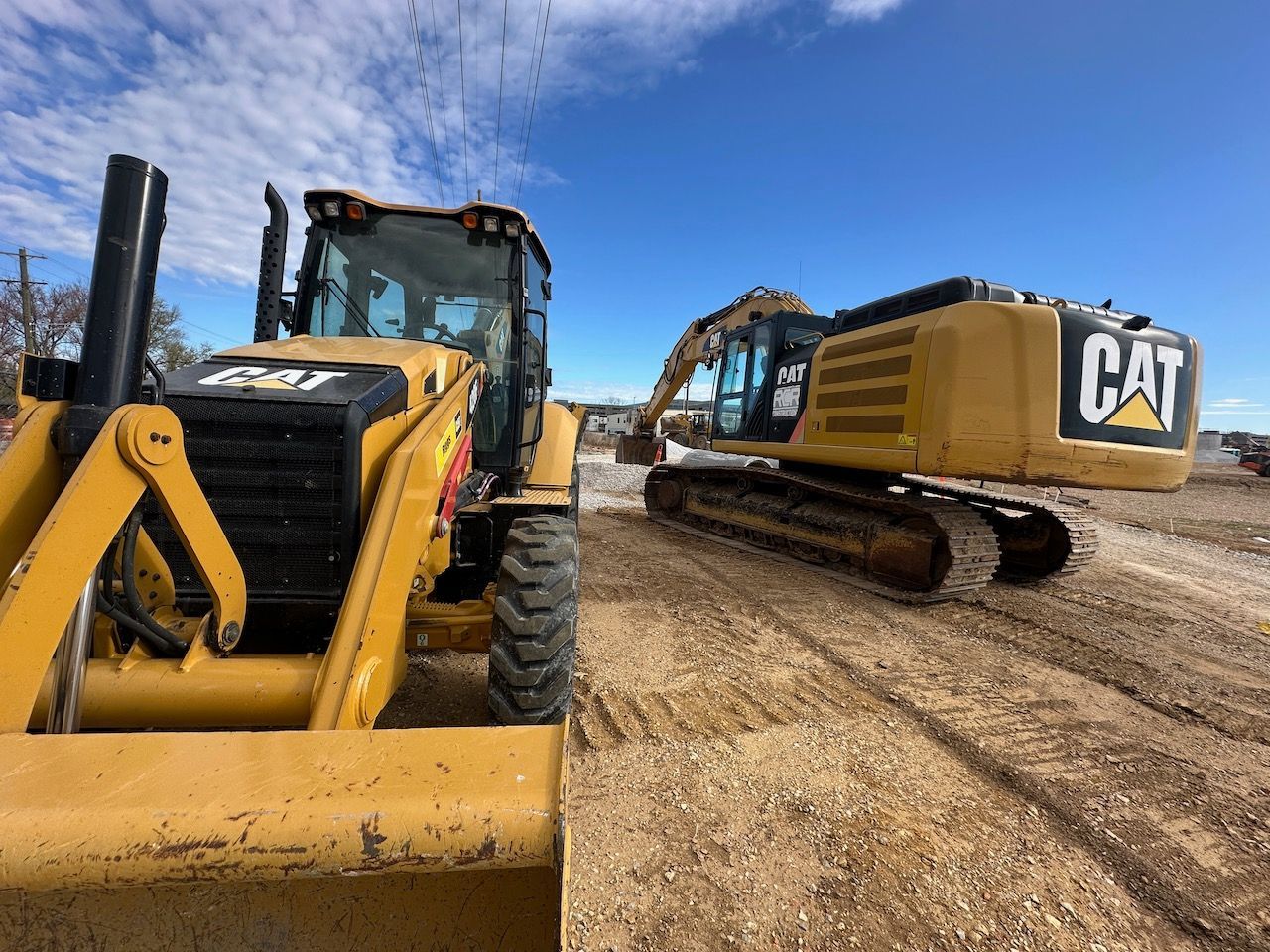Excavation vs. Site Prep: What’s the Difference & Why Both Matter for Your Build
✅ Introduction
If you're getting ready to build — whether it’s a house, shop, road, or pad — one of the most important phases happens before any concrete is poured: excavation and site preparation.
While many people lump the two together, they’re actually two separate services that work hand-in-hand to set your project up for success. In this post, we’ll break down the difference between excavation and site prep, why they matter, and how Parallel Projects delivers both with precision.
🏗 Excavation vs. Site Prep: What’s the Difference?
Here’s the simplest breakdown:
Excavation = removing material
Site Prep = preparing the land to build
Excavation Includes:
- Digging for foundations or footings
- Trenching for utilities
- Removing rock, stumps, or unsuitable soil
- Cutting into hillsides or slopes
Goal: Create the voids or spaces needed to install structures or utilities.
Site Prep Includes:
- Land grading & leveling
- Soil compaction for stability
- Access road creation
- Clearing & removing debris
- Preparing pads for buildings or concrete
Goal: Build a stable, level base for construction.
💥 Why This Phase is So Critical
Skipping or rushing the excavation/site prep phase can lead to serious problems down the line:
- Foundation cracks
- Poor drainage
- Soil movement or settling
- Delayed inspections or failed compaction tests
- Unsafe work conditions for contractors
When done right, this phase ensures everything that follows runs smoothly — from framing to final grading.
🛠 Our Excavation & Site Prep Process
At Parallel Projects, we handle this entire phase start-to-finish. Here’s how we typically approach it:
- Initial Site Walk & Planning
We assess slope, soil type, drainage, and access needs. - Excavation & Cut Work
Our team digs footings, trenches, or slopes per plan using the right-sized equipment. - Soil Conditioning & Compaction
We backfill with quality material and compact the soil to meet structural requirements. - Final Site Prep & Pad Build
We create a level, compacted surface ready for your slab, building, or driveway.
All work is done with laser-level precision and built to meet or exceed local code.
🚧 Projects That Require Both Excavation & Site Prep
We regularly handle this combo for:
- Home builds & barndominiums
- Concrete slabs, pole barns, and shops
- Retaining walls & drainage systems
- Roads, driveways, and parking areas
- RV pads or accessory structures
Whether you’re building from scratch or adding to an existing property — excavation and prep is the foundation of everything.
📞 Let’s Prep Your Site the Right Way
If you're looking for a reliable, experienced team to handle excavation and site prep in [City/County Name], we’ve got you covered.
✅ Free estimates
✅ Fully insured
✅ Modern equipment & grading tech
✅ Built to last from the ground up
👉 Reach out to Parallel Projects and let’s break ground the right way.
[Request a Quote Button]
[Phone Number]
[Link to Contact Page]


